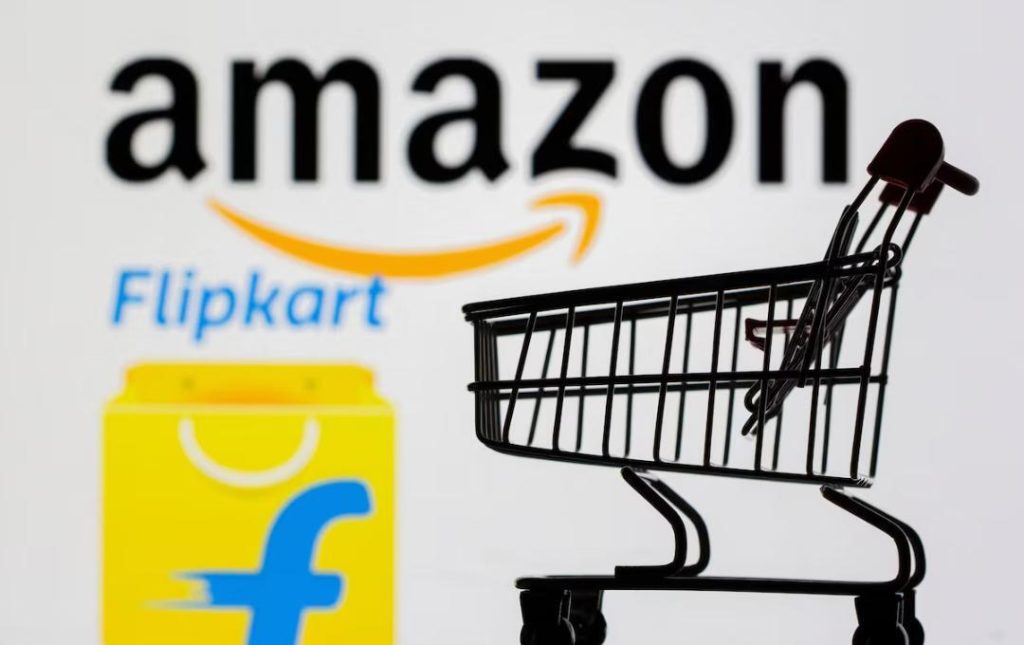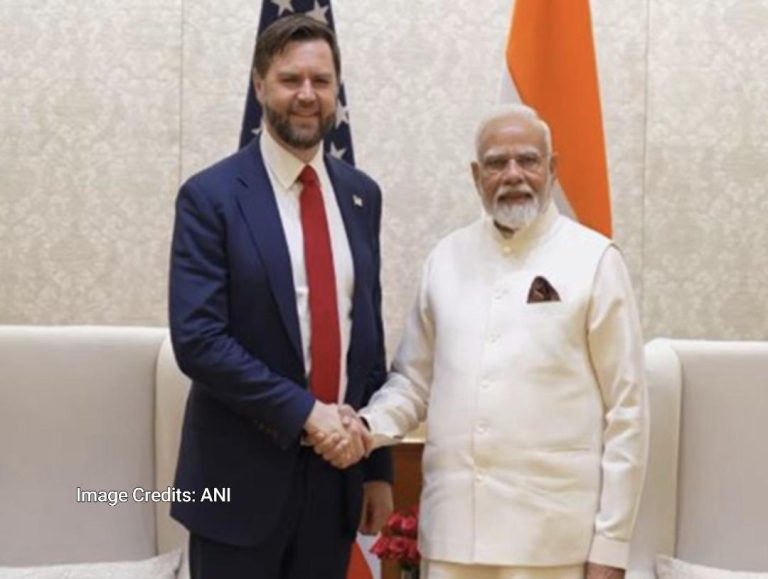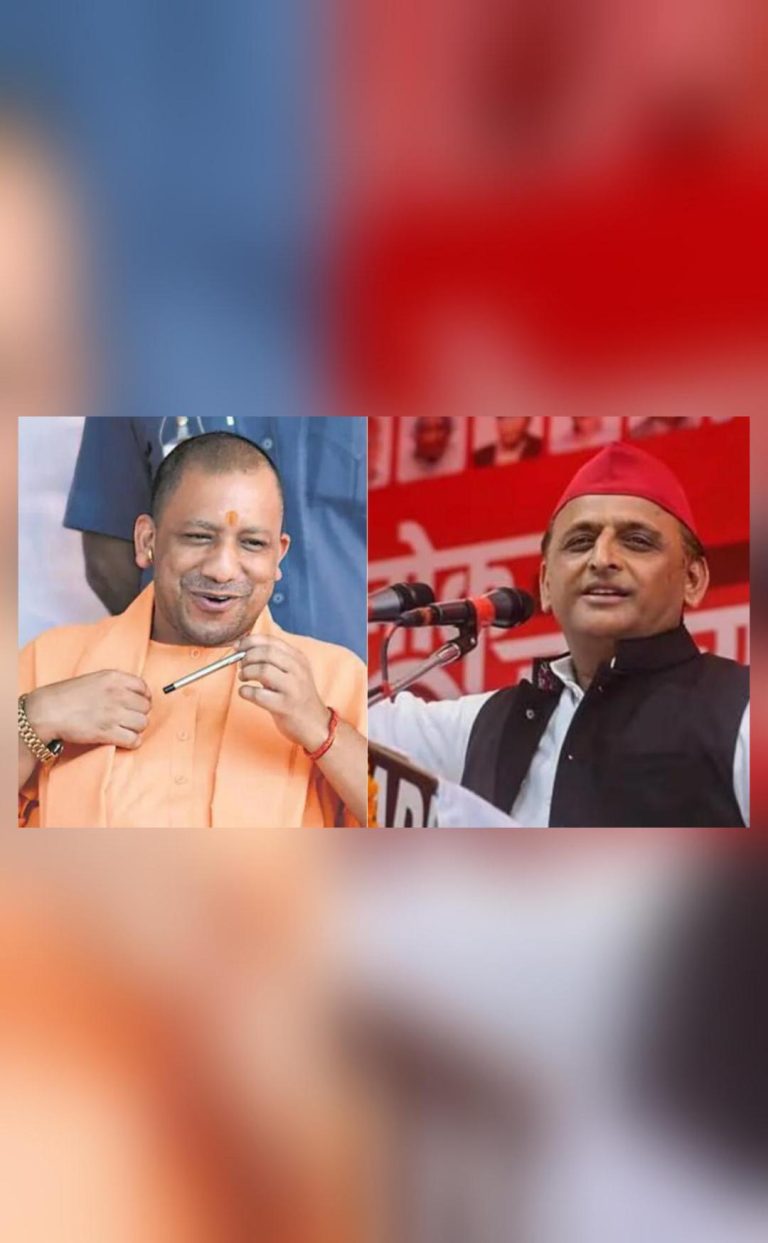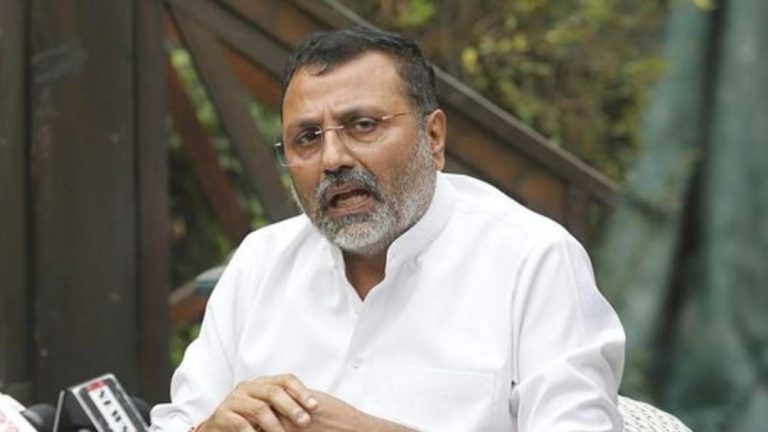
India Faces US Pressure to Give Amazon, Walmart Full Market Access
The ongoing trade deal talks between the United States and India have taken a significant turn, with the US President Donald Trump-led administration planning to pressure India to grant full access to its e-commerce market to companies like Amazon and Walmart. According to a recent report by the Financial Times, the pressure is expected to be a key issue during the bilateral talks, which are currently underway.
The report suggests that India’s e-commerce market, valued at over $125 billion, has been a major point of contention between the two countries. While India has implemented a number of measures to protect its domestic retailers, the US has been pressing for greater market access for its e-commerce giants.
The issue has become particularly significant in recent times, with India imposing a 26% tariff on exports to the US, pending a trade deal. The tariff was imposed in response to the US decision to end India’s preferential trade treatment, citing concerns over India’s high tariffs and restrictions on foreign investment.
The US has been seeking to renegotiate the terms of the trade deal, which has been in place since 1978. The deal, known as the US-India Trade Relationship, has been beneficial to both countries, with the US being one of India’s largest trading partners. However, the US has been seeking greater access to India’s markets, particularly in the e-commerce sector.
Amazon, which has a significant presence in India through its subsidiary Amazon Seller Services, has been a major beneficiary of the e-commerce boom in the country. The company has invested heavily in India, setting up warehouses and logistics networks to cater to the growing demand for online shopping.
Walmart, which owns Flipkart, India’s largest e-commerce platform, has also been a major player in the country’s e-commerce market. Flipkart, which was acquired by Walmart in 2018, has been a major disruptor in the Indian retail market, offering a wide range of products at competitive prices.
However, India’s e-commerce market has been facing criticism from domestic retailers, who have accused foreign e-commerce companies of violating the country’s foreign direct investment (FDI) rules. The rules require foreign e-commerce companies to operate through a local entity, which is prohibited from owning more than 51% of the entity.
The Indian government has been facing pressure from domestic retailers to implement stricter regulations on foreign e-commerce companies. The government has been considering a number of measures, including a proposed e-commerce policy that would require foreign companies to follow a more transparent and regulatory-friendly approach.
However, the US has been resisting these efforts, citing concerns over protectionism and the need for greater market access for American companies. The US has been seeking to negotiate a comprehensive trade deal with India, which would include greater market access for American companies, particularly in the e-commerce sector.
The ongoing trade deal talks between the US and India have been a major focus of the Trump administration, with the US trade representative, Robert Lighthizer, playing a key role in the negotiations. The talks have been going on for several months, with both sides making significant progress on a number of issues, including trade tariffs and regulations.
However, the issue of e-commerce market access remains a major sticking point, with the US seeking greater access for its e-commerce giants and India resisting these efforts. The issue is likely to be a key area of focus during the ongoing trade deal talks, with both sides seeking to reach a mutually beneficial agreement.
In conclusion, the pressure on India to grant full market access to Amazon and Walmart is a significant development in the ongoing trade deal talks between the US and India. The issue has the potential to impact the e-commerce market in India, with the US seeking greater access for its e-commerce giants and India resisting these efforts. The outcome of the trade deal talks will have significant implications for the Indian e-commerce market, with the potential to shape the future of the industry in the country.






